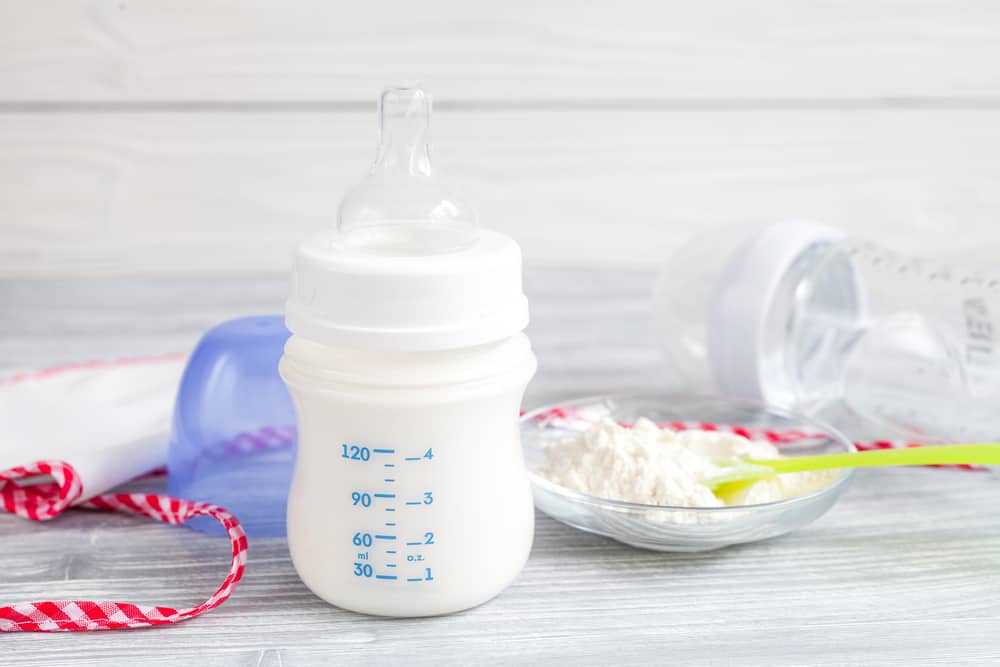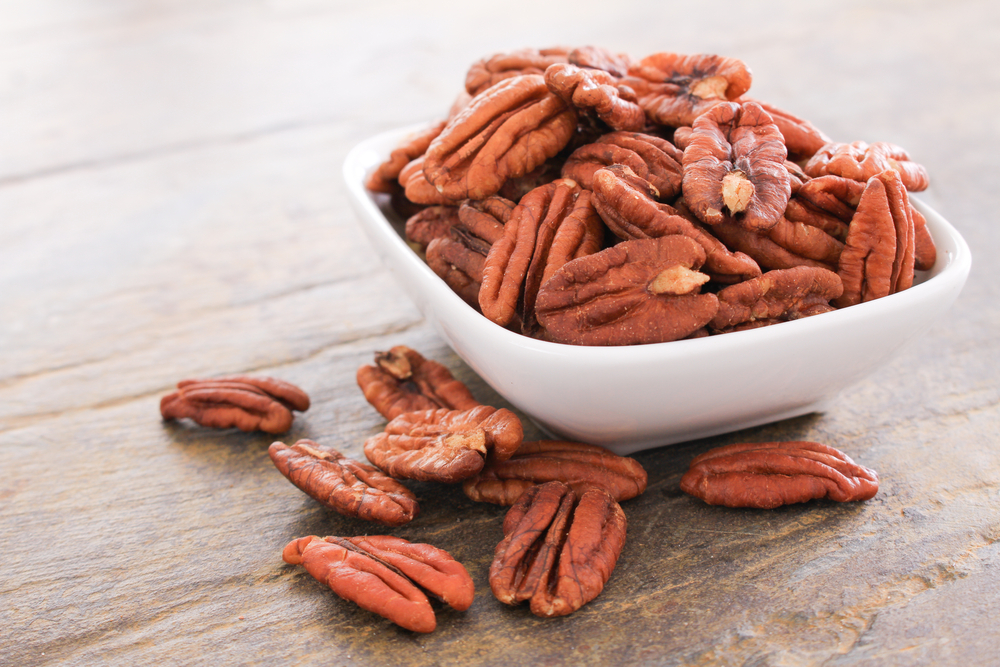Contents:
- Medical Video: My baby is allergic to cow's milk. What are some healthy alternatives?
- Tips to meet the nutritional needs of children allergic to cow's milk
- 1. Continue breastfeeding
- 2. Avoid all forms of cow's milk products
- 3. Choose hypoallergenic formula milk
- 4. Milk from other animals is not recommended
- Should children not be given food that contains cow's milk protein forever?
Medical Video: My baby is allergic to cow's milk. What are some healthy alternatives?
Symptoms of cow's milk allergy will usually disappear once the child reaches the age of four years, and only a few have allergies to adulthood. But in the meantime, many parents are confused about how to meet the nutritional needs of children who are allergic to cow's milk. Because, cow's milk is a good source of protein, calcium, and folic acid, which is good for child development. Don't be confused, sir, ma'am! Check out the various tips below.
Tips to meet the nutritional needs of children allergic to cow's milk
1. Continue breastfeeding
For babies who are still breastfeeding, continuing exclusive breastfeeding is the best choice to fulfill their nutrition. The protein content in breast milk is quite high and the composition is different from the protein found in cow's milk.
The quality of ASI protein is better than cow's milk because breast milk has a more complete type of amino acid than cow's milk. One example is the amino acid Taurine which has a role in brain development. This amino acid is found in sufficiently high amounts in developing brain tissue.
2. Avoid all forms of cow's milk products
Children who are allergic to milk should not be given cow's milk and all its derivatives, such as butter and margarine, cheese, yogurt, ice cream, cereals, cakes, biscuits, crackers, milk porridge, pudding, and custard. Also be aware of products that contain casein, whey, and lactose in the raw material column.
For children who can already eat solid food, you can exchange calcium intake from cow's milk with other calcium source foods, such as spinach, bokcoy, tofu, oranges, eggs, anchovies, and sardines.
3. Choose hypoallergenic formula milk
If your child is consuming formula milk, choose hypoallergenic formula milk. Hypoallergenic milk is milk that has a small molecular weight peptide and does not cause allergic reactions in children. Based on research, the use of hypoallergenic milk does not cause allergies in 90% of infants and children allergic to cow's milk.
Milk which is included in the hypoallergenic group is extensive hydrolyzed milk and amino acid formula milk. Extensive hydrolyzed milk is given to children who suffer from cow's milk allergy with mild or moderate clinical symptoms. Amino acid formula is given to children who suffer from cow's milk allergy with severe clinical symptoms. As an alternative, children who suffer from cow's milk allergy can also consume milk containing donkey protein isolates.
4. Milk from other animals is not recommended
Most parents think of giving milk from other mammals to replace cow's milk. But goat's milk is not recommended for children who are allergic to cow's milk because it can risk the occurrence of cross reactions. In addition, goat's milk, sheep's milk, etc. should not be given to infants under one year of age unless it has been made into infant formula. However, currently there is no formula milk made from milk from other mammals (other than cattle) in Indonesia.
Alternatively, you can provide non-beef vegetable milk such as legume milk. But also pay attention to whether your child has a peanut allergy. If so, you can give it rice milk or coconut milk (not coconut milk, you know!)
Should children not be given food that contains cow's milk protein forever?
You should avoid foods containing cow's milk and derivative products until the child reaches the age of 9-12 months or at least 6 months. After that, a skin prick test (allergy test) can be repeated. If symptoms do not reappear, it means that the child is tolerant and cow's milk can be tried to be given back to the child. If symptoms reappear, then don't give food containing cow's milk for 6 months and so on.












